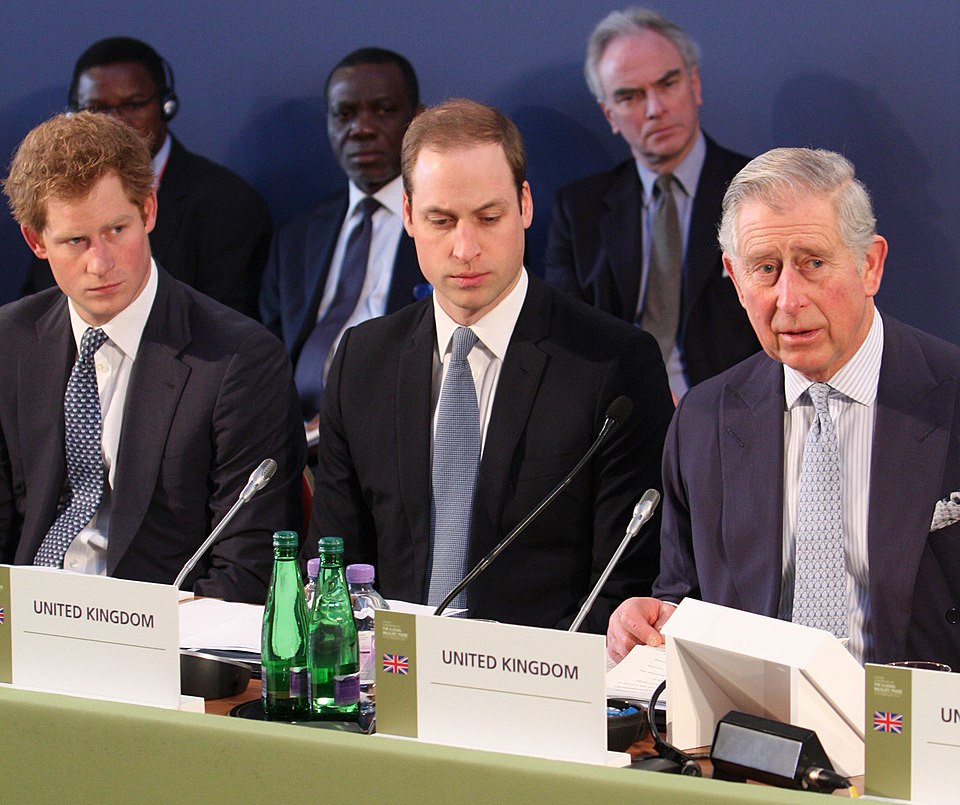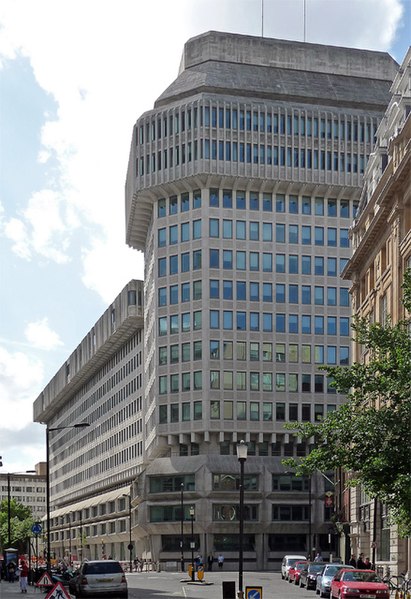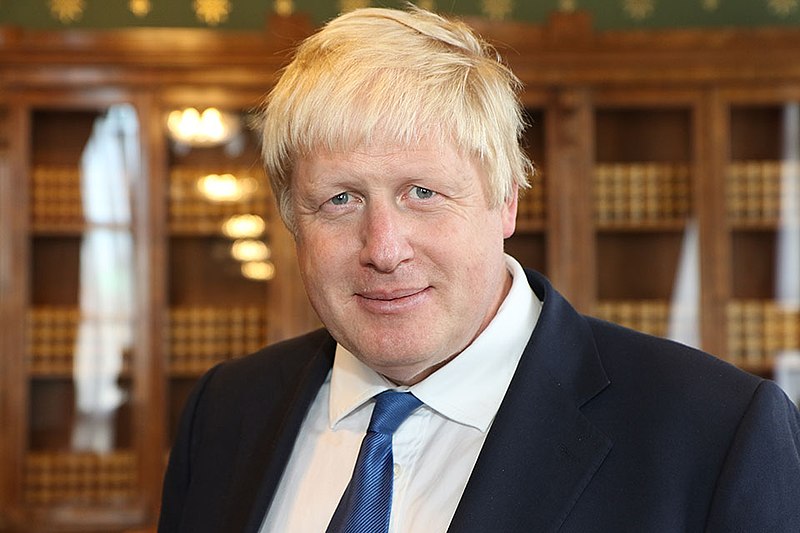
House price growth softened at the beginning of 2025, with the annual increase slowing to 4.1% in January, down from 4.7% in December, according to Nationwide Building Society.
Month-on-month, UK house prices inched up by just 0.1% in January, a noticeable dip compared to the 0.7% rise seen the previous month. The average house price now stands at £268,213.
Robert Gardner, Nationwide’s chief economist, commented on the market’s performance, saying, “The housing market continues to show resilience despite ongoing affordability pressures.”
Affordability challenges for first-time buyers
Gardner noted that property prices remain high relative to incomes, with the house price-to-earnings ratio for first-time buyers sitting at 5.0 by the end of 2024 — well above the long-term average of 3.9.
“This makes saving for a deposit particularly challenging,” he explained. “The issue has been exacerbated by record increases in rental costs and the wider cost-of-living crisis, which have limited the ability of many renters to save.”
As a result, more buyers are turning to financial support from family and friends. In 2023/24, about 40% of first-time buyers relied on help from relatives, either through gifts, loans, or inheritances, to fund their deposits.
Despite these hurdles, overall home ownership levels have remained steady in recent years, with 65% of households owning their homes in 2024, according to the English Housing Survey. However, Gardner pointed out that ownership rates among younger age groups—particularly those aged 25 to 44—remain below their mid-2000s peak.
Market impact of stamp duty deadline
Meanwhile, the looming April 1 stamp duty deadline is driving a surge in buyer activity. From that date, the “nil rate” stamp duty band for first-time buyers in England and Northern Ireland will drop from £425,000 to £300,000.
Sarah Coles, head of personal finance at Hargreaves Lansdown, said, “Prices are still under pressure from buyers rushing to complete transactions before the stamp duty holiday window closes at the end of March.”
Iain McKenzie, chief executive of the Guild of Property Professionals, echoed this sentiment, noting that momentum from late 2024 had carried into 2025, with many buyers scrambling to beat the impending tax changes.
Nathan Emerson, CEO of Propertymark, added, “Much of the current market activity is driven by people aiming to finalize their purchases before the stamp duty increases in April.”
Buyer demand and mortgage rates
Higher borrowing costs remain a concern, though demand remains stronger than expected, said Tom Bill, head of UK residential research at Knight Frank. He attributed this resilience to sub-4% mortgage offers secured before recent fiscal changes and the upcoming stamp duty rise. However, he warned that activity might slow in the second quarter of the year.
Alice Haine, personal finance analyst at Bestinvest by Evelyn Partners, advised buyers to act quickly. “With only two months left until the stamp duty changes take effect, those who haven’t started the buying process may already be too late to complete their transactions in time,” she cautioned.
Outlook for the housing market
Jeremy Leaf, a north London estate agent, highlighted ongoing affordability concerns and predicted little change in market conditions over the next few months, regardless of any potential interest rate cuts.
Matt Thompson, head of sales at Chestertons estate agents, noted that January saw heightened demand from first-time buyers looking to beat the April deadline. This increased buyer competition led many properties to sell at asking price, although some sellers, particularly those in a rush to offload their homes, were open to price negotiations.
As 2025 unfolds, the combination of rising mortgage rates, tax changes, and affordability constraints may continue to shape the housing market’s trajectory.






























































